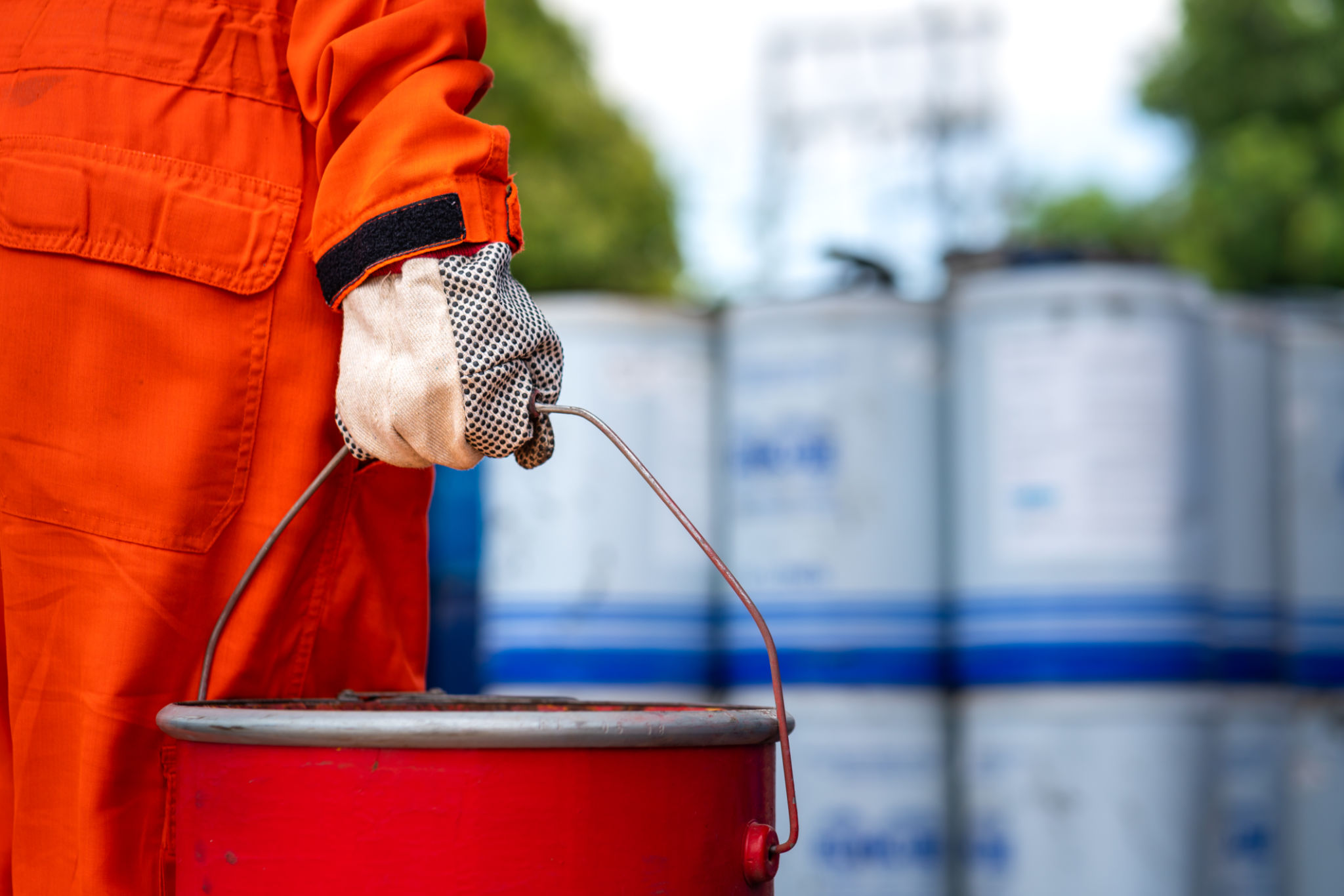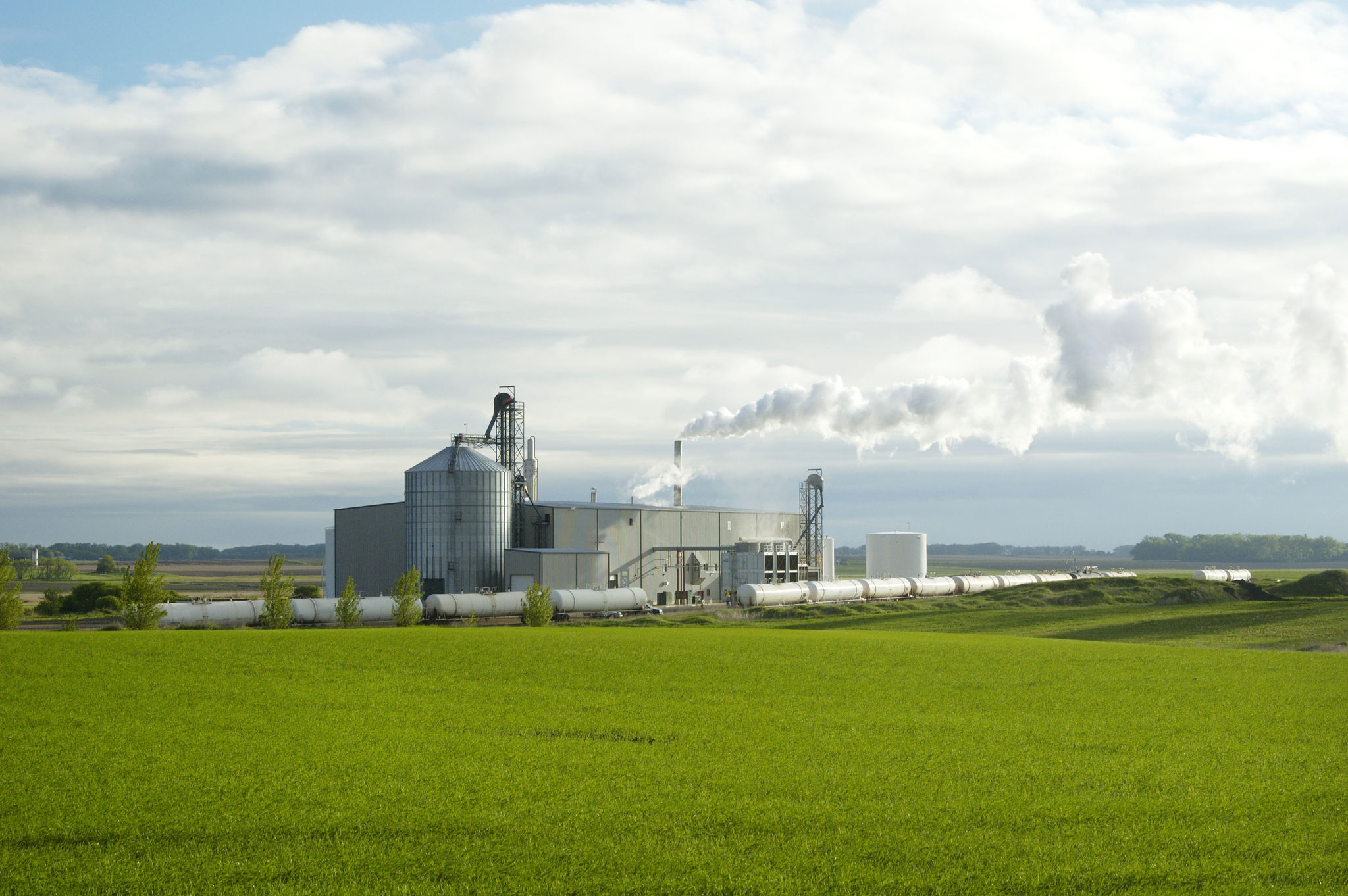Expert Tips for Managing Waste Oils in Your Buckinghamshire Restaurant
Understanding the Importance of Proper Waste Oil Management
Managing waste oils in your Buckinghamshire restaurant is not just a regulatory requirement; it's an essential part of running a sustainable and environmentally friendly business. Proper disposal methods help in reducing environmental pollution and can even convert what might seem like waste into a valuable resource.
Many restaurant owners may not fully realize the impact of improper oil disposal, which can lead to clogged pipes, unpleasant odors, and even fines from local authorities. By implementing an effective waste oil management system, you can avoid these issues while contributing positively to the community.

Implementing an Efficient Collection System
The first step in managing waste oils is setting up an efficient collection system. Start by designating specific containers for used oil. These should be durable, leak-proof, and clearly labeled to avoid any mix-up with other waste materials.
Make sure that all staff members are trained on how to properly dispose of cooking oils. Regularly scheduled pickups by a licensed waste oil collector will ensure that your restaurant remains compliant with local regulations while maintaining a clean and safe kitchen environment.
Choosing the Right Collection Partner
Selecting a reliable oil collection partner is crucial. Look for companies that offer regular service schedules and have all the necessary permits to handle waste oil. Some companies may even offer incentives or rebates for the oils collected, which can provide additional revenue for your business.

Recycling and Reusing Waste Oils
One of the most sustainable ways to manage waste oils is through recycling. Waste oils can be converted into biodiesel, a renewable energy source that can power vehicles or generators. By partnering with recycling companies, you can ensure that your waste oils contribute to reducing fossil fuel dependency.
Additionally, some innovative businesses explore the possibility of using recycled waste oil for heating purposes. This not only saves money on energy costs but also demonstrates a commitment to sustainability.
Exploring Other Uses for Waste Oils
Beyond recycling, consider other creative uses for waste oils. Some local farmers or agricultural businesses may use refined waste oils as animal feed supplements or for other agricultural purposes. Establishing a network with such entities could open up new avenues for waste oil utilization.

Maintaining Compliance with Local Regulations
Staying compliant with local environmental regulations is crucial for any restaurant. Buckinghamshire has specific guidelines for waste oil disposal, and understanding these will help you avoid potential fines or legal issues.
Regularly review your waste management practices and consult with local authorities or industry experts to stay updated on any changes in regulations. Keeping detailed records of your waste oil disposal activities can also be beneficial during inspections.
Training Your Team
Proper training is key to ensuring that waste oil management practices are consistently followed. Conduct regular training sessions for your staff to keep them informed about best practices and the importance of proper disposal methods.
Empowering your team with knowledge not only helps in maintaining a smooth operation but also fosters a culture of environmental responsibility within your restaurant.
